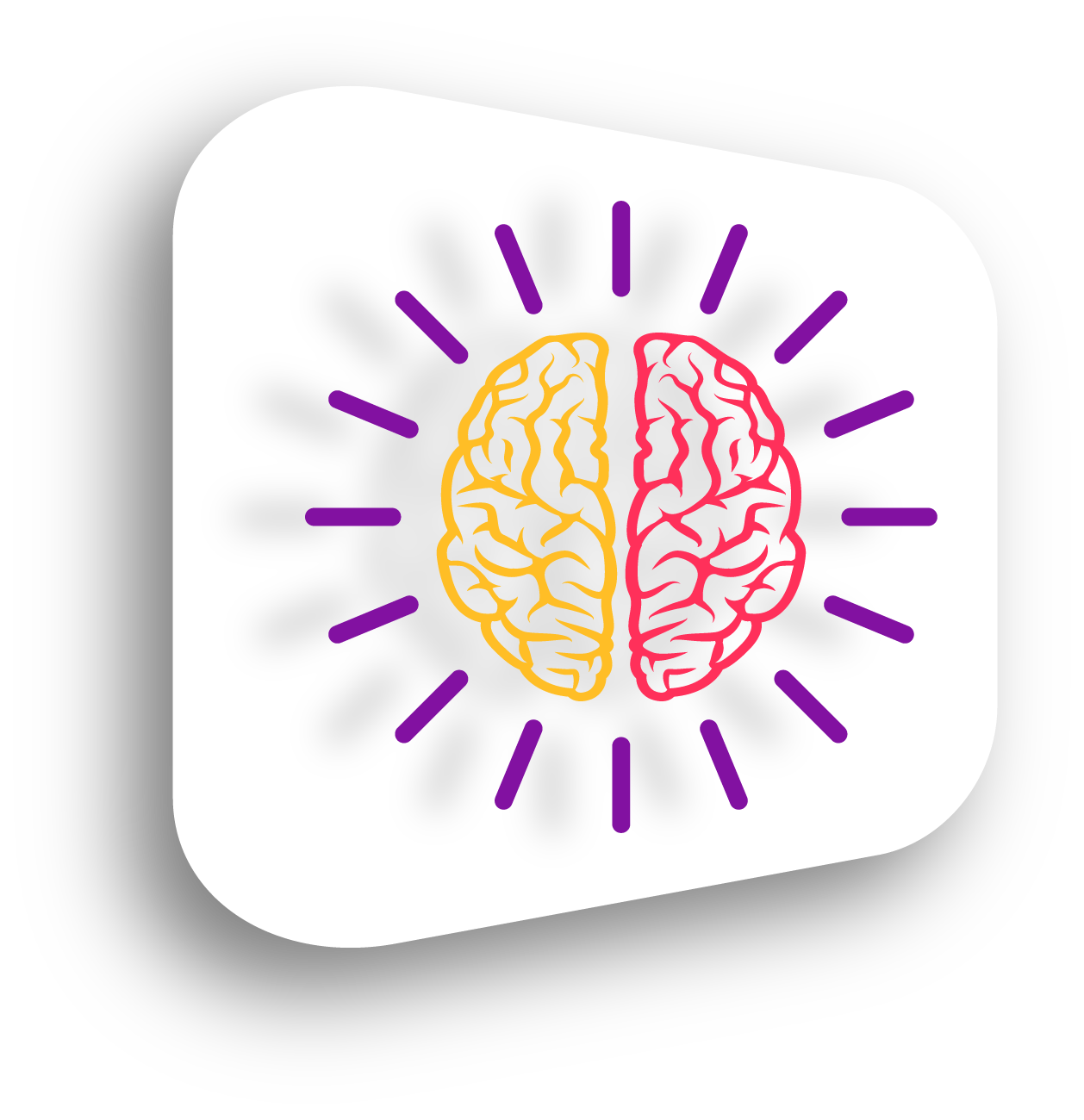International partnerships
Participating in European consortia increases the impact of your work. Discover our role as a design partner in international collaborations.
The HOST discussion game fosters conversations about workplace dilemmas in the hospitality sector, with a particular focus on the experiences of hospitality professionals with autism. What challenges do they encounter, and how can we learn from one another to navigate these situations effectively?



Volgens het Europees Economisch en Sociaal Comité (EESC) heeft minder dan 10% van de mensen met autisme betaald werk. Bovendien ontbreekt het vaak aan ondersteuning vanuit werkgevers om neurodivergente werknemers duurzaam aan het werk te houden. Het Europese samenwerkingsverband HOST wil dit veranderen.
HOST ontwikkelt hulpmiddelen en handvatten voor leidinggevenden om de talenten van mensen met een autismespectrumstoornis (ASS) volledig tot hun recht te laten komen. 8D vertaalde de verzamelde kennis en data naar een creatieve interventie: een discussiespel over (sociale) dilemma’s op de werkvloer.
 Approach
ApproachIn addition to co-creative intervention design, which actively involves end-users, 8D also contributes to exploratory literature reviews and field research within European projects. The HOST project began with a thoughtfully crafted questionnaire targeting managers and employees with ASD in the hospitality sector. This approach enabled us to gather valuable input from the target audience regarding the topics they wanted included in the intervention, as well as their preferences for its style, structure, and format.
The key requirements we established were:
Based on these requirements, our designers developed several creative concepts. In collaboration with the target audience and the consortium, we decided on development of a discussion game that incorporates realistic scenarios commonly encountered in the hospitality sector.


 Results
ResultsThe HOST board game is available in English, Greek, Latvian, Danish, and German. A limited number of pilot copies are currently being used by partner organizations that work directly with the target group. Further development is being considered based on the pilot results. Additionally, we are exploring the option of making the print files freely available, enabling interested parties to produce their own copies of the pilot version. This approach aims to expand the reach and impact of the project outcomes. Interested in learning more? This intervention closely aligns with a previous project on neurodivergence in the workplace, where we contributed as a design and development partner: ASES, a game focused on autism and employment.
